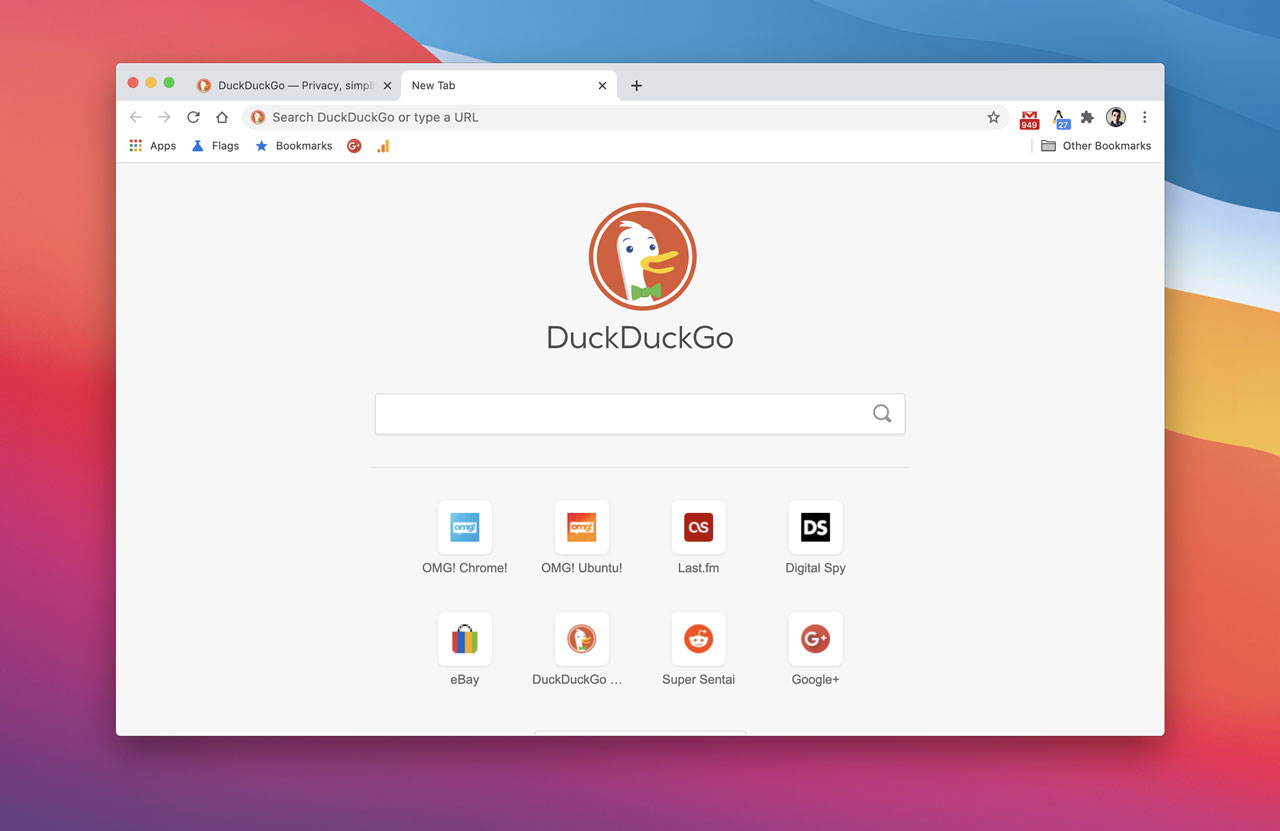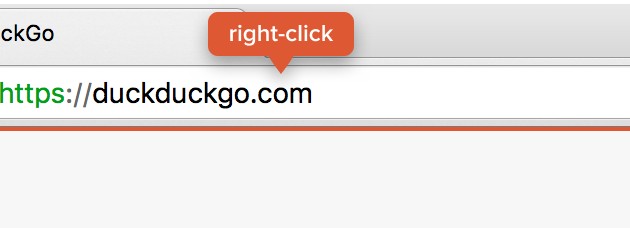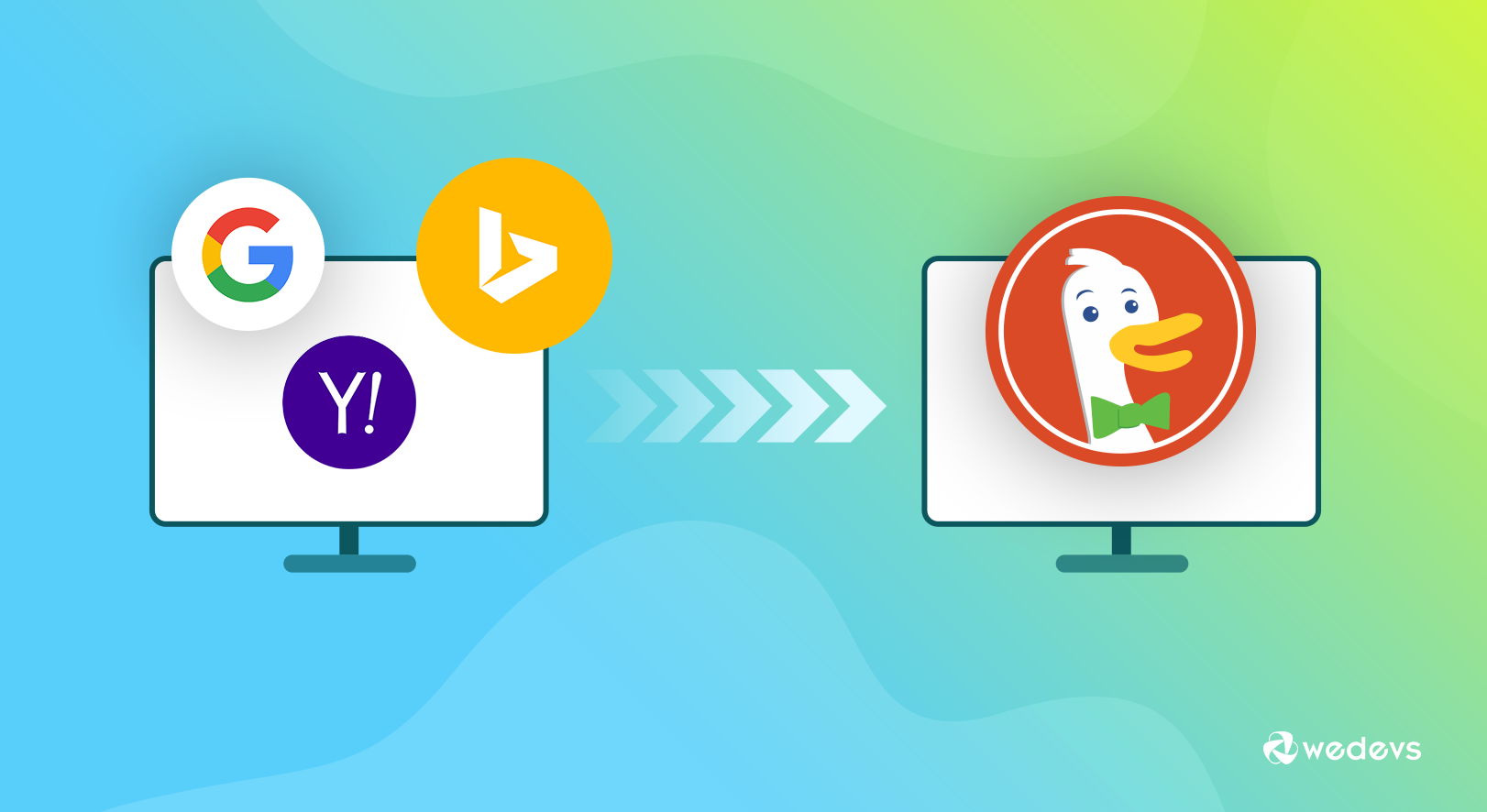Spread DuckDuckGo. Help your friends and family join the Duck Side! $2,650,000 in privacy donations! Over 67 Billion anonymous searches. Learn why reducing tracking is important. About DuckDuckGo Learn More. Shortcuts to other sites to search off DuckDuckGo Learn More. My other DuckDuckGo extension (sorry, I cannot recall which one is which) is off, and stays off, and my two ad blocker extension also get turned off and I cannot turn them back on. I had no idea what might be causing it, but since only DuckDuckGo was active, I deleted the extensions and the app. While DuckDuckGo is completely anonymous, Google is of course not. In fact, quite the opposite. On Google, your searches are tracked, mined, and packaged up into a data profile for advertisers to follow you around the Internet through those intrusive, annoying, and ever-present banner ads, via Google’s massive ad networks, embedded across. People also search for. The Internet privacy company that empowers you to seamlessly take control of your personal information online, without any tradeoffs.
We've been providing users with mapping features within DuckDuckGo Search for many years, along the way improving them with greater accuracy, dark mode, local re-querying and more. Now we're excited to announce a big step forward with the introduction of directions – private, as always, and like our embedded maps, powered by Apple's MapKit JS framework and already familiar to millions of users.
You'll now see a new addition to location and map search results that will help you plan trips by showing you a route overview, distance and travel time. Look out for it both at the top of search results that display a map, as well as within our expanded map module. Let's see an example of the latter…
- A location query such as Tower of London can open our expanded maps, as usual.
- Clicking the Directions button in the map sidebar will now display boxes to enter a starting point and a destination. For convenience, the starting point by default will be set to your current location, which works anonymously (as explained below). The best routes and their estimated durations will be shown on the map, and updating the starting point will redraw the available routes.
As with all our search features, your privacy is still protected when using these directions thanks to our strict privacy policy of not collecting or sharing any personal information. In the case of location-related searches, your browser sends location information which we isolate from any personal information the browser sends, and which we discard after use, enabling us to provide anonymous localized results and features. Our help page has more detail on how we keep location searches private.
Route planning was a missing piece in DuckDuckGo Search. Integrating it means our maps now have the functionality you expect with the privacy you deserve, with no trade-offs.
For more privacy advice follow us on Twitter, and stay protected and informed with our privacy newsletters.
If you’re unfamiliar with DuckDuckGo, we are an Internet privacy company that empowers you to seamlessly take control of your personal information online, without any tradeoffs. We operate a search engine alternative to Google at https://duckduckgo.com, and offer additional apps and extensions to protect you from Google, Facebook and other trackers, no matter where you go on the Internet.
DuckDuckGo search is completely anonymous, in line with our strict privacy policy. Each time you search on DuckDuckGo, you have a blank search history, as if you’ve never been there before.
We simply don’t store anything that can tie searches to you personally. In fact, we don’t even store anything that could even tie anonymous searches together into an anonymous search history, which has been shown in some cases to be able to be de-anonymized (like if you searched for personal information about yourself). That’s also why we can’t tell you for sure how many people use DuckDuckGo, because if we counted, our users wouldn’t necessarily be anonymous. Yes, we take privacy that seriously.
While DuckDuckGo is completely anonymous, Google is of course not. In fact, quite the opposite. On Google, your searches are tracked, mined, and packaged up into a data profile for advertisers to follow you around the Internet through those intrusive, annoying, and ever-present banner ads, via Google’s massiveadnetworks , embedded across millions of sites and apps.
Unfortunately, people think that they can make searching Google and browsing the rest of the web anonymous by using Chrome’s so-called “Incognito” mode (also known as Private Browsing mode) or its “Do Not Track” browser setting. Sadly, neither of these mechanisms protect you from Google search tracking or its trackers on other websites. We believe it is important to expand a bit on these myths so that you don’t have a false sense of security if you choose to utilize those methods.
The Myth of Incognito Mode
A lot of people are shocked to learn that websites can still track you even in Chrome’s “Incognito” mode.
The truth is that Chrome’s Incognito mode only prevents your browser history from being recorded on your local device and does not offer any additional protection such as preventing the websites you visit from collecting your information (e.g., your searches on a search engine). Check out the fine print.
It is simply a myth that Incognito mode protects your online privacy in any significant way; it is really more of an offline protector. You can easily still be uniquely identified and tracked while using Incognito mode through “browser fingerprinting.” Just as each person has a unique fingerprint, so does every browser. Websites can look at your IP address, version numbers of your browser, the plugins it uses, and dozens of other points of browser information to create a unique ID — a browser fingerprint —that can then be used to track you.
That is, while in Incognito mode, Google is still tracking your searches, and can use them to send intrusive ads at you across the Web on the millions of sites and apps that run Google ads. Sure, your search or browser history won’t be on your computer, but Google still knows it. And when you get served an ad based on that 'incognito' search you did recently (like, let’s say that surprise vacation you were planning), it’s not so private anymore. On the other hand, DuckDuckGo doesn’t track your search history at all, regardless of whether you’re “incognito” or not.
We surveyed 5,710 random Americans about Incognito mode to understand what people know about and how they use this common feature. 65% of respondents reported feeling “surprised”, “misled,” “confused,” or “vulnerable” upon learning about the limitations of Incognito mode.
Note that some browsers other than Google’s Chrome browser do have private browsing modes that do more to protect you online. Nevertheless, we suggest adding our browser extension to Chrome or other browsers as it blocks more web trackers as you surf the web, helps you use more encryption, and reveals the privacy practices of every website you visit.
The Myth of Do Not Track
In trying to escape Facebook and Google web tracking, you might have turned on the “Do Not Track” browser setting. Unfortunately, it's voluntary and Facebook and Google do not respect it.
Without regulatory measures, the “Do Not Track” setting as it currently stands, is a voluntary setting that hardly anyone respects (including Facebook and Google) which makes it not only ineffective, but worse, misleads people into feeling a false sense of privacy.




Let’s Make the Internet More Private
Our mission is to set a new standard of trust online through the privacy tools DuckDuckGo provides – our anonymous search engine at https://duckduckgo.com and our apps and extensions that protect your privacy while browsing the web.
Despite increased awareness of privacy issues and actions people can take, there are sadly still many people putting their privacy at risk, or, browsing with a false sense of privacy. This happens for a variety of reasons, including practices such as relying solely on Chrome’s “Incognito” mode and Do Not Track setting, as we’ve detailed here.
Https://duckduckgo.com/
To help correct these misconceptions and reach more people, we’re also trying to educate users through our blog, social media and a privacy “crash course” newsletter.
Bitchute
The Internet shouldn't feel so creepy and getting the privacy you deserve online should be as simple as closing the blinds.
Duckduckgo Pc Download
For more privacy advice, follow us on Twitter & get our privacy crash course.